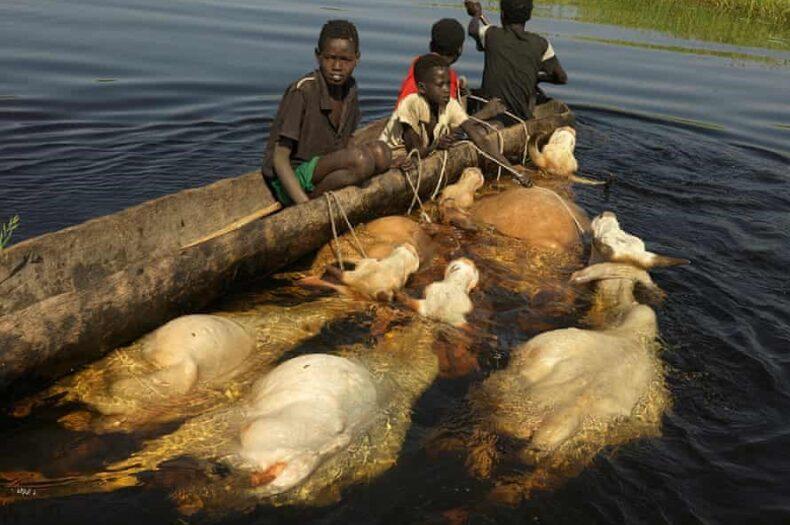Africa-Press – South-Sudan. There are an estimated 274 million people in the world that need humanitarian assistance. This is according to the UN’s global humanitarian outlook for 2022. The UN and partner organisations planned to help 183 million people in need across 63 countries.
Therefore, on Monday, South Sudan’s government appealed to the United Nations for inclusion in the list of the 63 countries to benefit from the global humanitarian funds.
Sadly, South Sudan—the war-devastated country that is still recovering from the impact of five years of conflict—has been experiencing serious climate change for the last two years. These came as a result of the flooding that displaced more than 800,000 people across the country.
The humanitarian agencies operating in the country have worked very hard to provide lifesaving assistance to those affected by the floods, despite numerous challenges, such as attacks by local youth on those delivering services in remote areas.
In October last year, the council of ministers, in its regular meeting, approved $10 million as an emergency relief package to support people affected by floods in seven states across the country. The relief package approved by the cabinet was meant to help with resettling those displaced from their homes, in addition to providing food relief to them.
“The people who are displaced are very much affected by floods, and after the floods have subsided, they need to be resettled in their areas of origin because they do not have anything at present and all that they need is to be rescued now,” Michael Makuei Lueth, Minister of Information, told journalists after the cabinet meeting.
However, since then, nothing has been heard about whether the most needed services have been provided to the affected people. It is now three months down the road and nobody knows where the $10 million approved by the cabinet went to or whether it was issued by the ministry of finance and planning.
While the approval of the $10 million had given some hope to those affected, unfortunately, those hopes have vanished into thin air after waiting for the services in vain. This tells us that before we request any assistance from others, we must first be able to help ourselves.
The ministry of humanitarian affairs and disaster management should have a clear programme to enable the country to promptly respond to disaster situations, rather than waiting to appeal to the international community for help. The first initiative to help the civil population should come from the government with the little resources the country has, and afterwards, an appeal can be made to the international community or friends.
Currently, there are about three countries within the region that are facing a similar situation. They include South Sudan, Kenya, Ethiopia, and Somalia, which have been hit hard either by war or drought as a result of climate change. We have to learn to support ourselves as the necessity for humanitarian needs is growing bigger and bigger in the region.
For More News And Analysis About South-Sudan Follow Africa-Press






